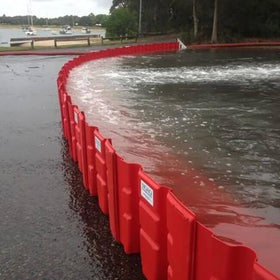Deepwater Horizon clean-up crew face increased risk of sickness and cancer
A new study released in the American Journal of Medicine has shown that workers involved in the large scale clean-up of the Gulf of Mexico oil spill are at greater risk of succumbing to cancer, leukaemia, and a whole raft of other illnesses.
Back in 2010 BP hired more than 170,000 people for the remedial work required to protect coastlines from the 5 million barrels of oil that gushed out of the ocean floor. At the time workers would have been exposed to oil which contains the volatile carcinogen benzene but also hundreds of thousands of gallons of Corexit 9500, the dispersant used by BP to break up the oil and which is yet to have the concentration levels of its components fully disclosed to the public.
During the spill containment and clean-up, workers complained of dizziness, fatigue, headaches and nausea. There have also been reports from some workers of increases in asthma and coughing up blood.
The study published in the AMJ assessed the adverse affects of oil and dispersant exposure on 117 subjects who had participated in the clean-up and compared them to 130 subjects who were unexposed. It concluded that those exposed workers “experienced significantly altered blood profiles, liver enzymes and somatic symptoms.” The Houston Chronicle reported that these physiological alterations could be “a warning sign of liver dysfunction and damage.”
Although workers were supplied with personal protective equipment it has been suggested that some workers may have removed the equipment in the burning summer sun or used diluents to scrub of any oily residues.
Toxins such as benzene can seep into the body through the skin tissue and into the blood stream which can in turn go through to the bone marrow. The study’s lead author, Mar. A. D’Andrea said, “Once it enters your system, it affects several organs.” D’Andrea added that various studies have shown that patients with damaged bone marrow have higher incidence of possible leukaemia’s, lymphoma and myelomas, and that potential liver damage increases the risk of liver, pancreas and gallbladder cancer.
BP have stressed that workers were given the correct PPE and have also raised doubts over the validity of the study. BP spokesman Jason Ryan questioned the study for its small sample (only 0.1% of all the workers involved in the clean-up were tested) and also suggested that there was an inherent bias in the study since all the participants were “referred by their legal counsel, not randomly recruited.” The company also stressed that “response worker and or public exposures to dispersants were well below levels that would pose a health or safety concern.”
The authors of the study intend to conduct further long-term studies to understand the real clinical significance of exposure to oil spills.




